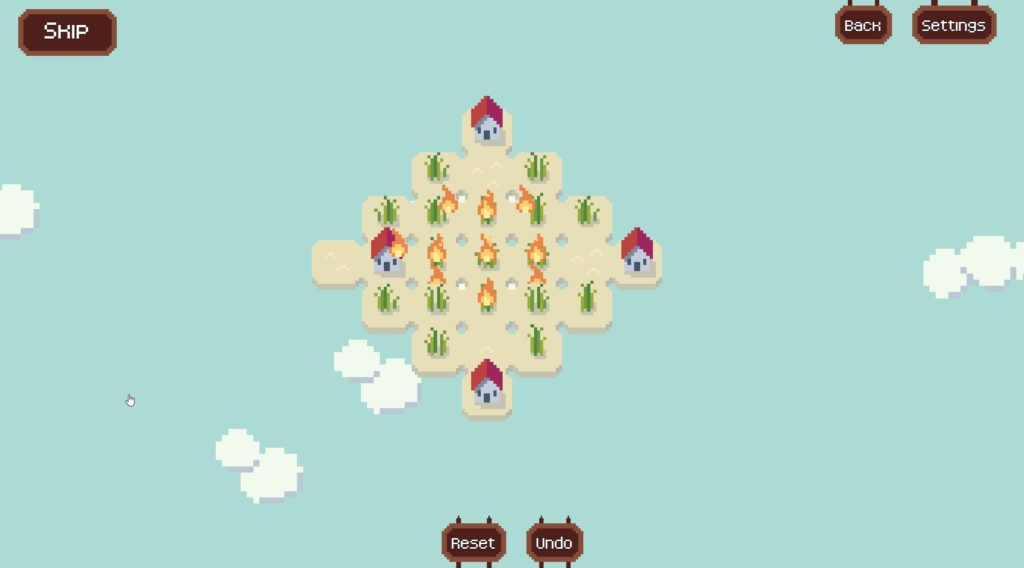
PC, Mac, Linux
I love a simple puzzle mechanic that proves intricately complicated in execution. Wildfire Swap, presumably so clumsily named after noticing there was already a Wildfire released last year, is about saving buildings from catching on fire. All you do is swap tiles on tiny grids, and it looks like it should be a synch. Oh my, it’s not. It’s really very clever.
The first set of levels is incredibly simple in presentation. There are three types of tiles in a level: those with trees, those with empty ground, and those with buildings. Your job is to swap tiles so the fire doesn’t spread between the trees and reach the houses. Fire moves in any direction it can after each swap, so you want to out-run it, or get dry ground between the homes and the flames. This starts of simply enough, but incredibly quickly shows off its smarts – incredibly simple-looking levels, just a handful of tiles, that have you scratching your head about what possible combination of moves could prevent everything burning down.
Come the second set and you’ve got grass fire to deal with too. Unlike trees, which spread fire one tile a turn, grass burns in instant chains, setting fire to anything any of it is adjacent to. This steps up the challenge, obviously, and the puzzles are designed with wit and understanding of your expectations.
By the third set of puzzles… well I’ve no idea, because I’m still stuck on the second lot. Bite me. They’re hard! But what’s so good here is they don’t feel impossibly hard. This is no Stephen’s Sausage Roll, where I was immediately left staring at the screen wondering at what sort of super-computer brain a person would need to be able to fathom how to even start. Wildfire Swap always looks achievable, and that’s really important. It means I keep trying, even when a puzzle feels impossible to crack. Then when I figure it out, it’s arms in the air and declarations of my genius.
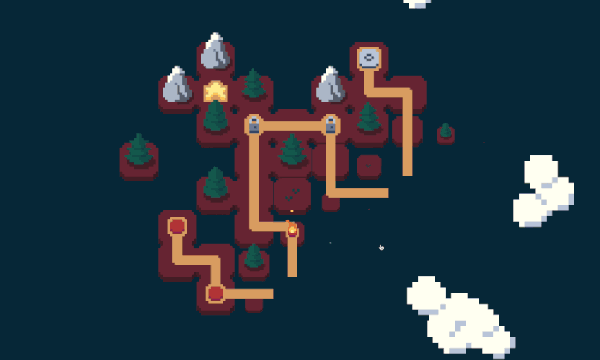
Sometimes the solutions feel a little inelegant in execution. I’m not sure if that’s just my aesthetic response, or if others might feel the same. They’re always eminently fair, but don’t always feel… neat, I guess. But even so, I remain so impressed by what complexity can be crammed into an 8×4 grid and a single mechanic.
(It’s probably worth noting that they’ve left debug options in the released game, which I’m not entirely sure was on purpose, but should make for interesting poking around for those who enjoy that sort of thing.)
At an extremely reasonable £7, it’s certainly priced higher than many contemporary little pixelly puzzles, but that’s because this is charging the correct amount, and they’re all literally selling themselves short. And with over 100 puzzles (if you’re clever enough to reach them), it’s a great deal.
Wildfire Swap is a very pretty, deceptively simple-looking puzzler, that has completely engrossed me. It’s such an interesting mechanic, delivered in ways that feel solvable, even when that solution is just out of your grasp.
- Ryan Kubik, Drew Gingerich, Wes Mueller / Ryan Kubik Games
- Steam
- £7/€8/$10
- Official Site
All Buried Treasure articles are funded by Patreon backers. If you want to see more reviews of great indie games, please consider backing this project.



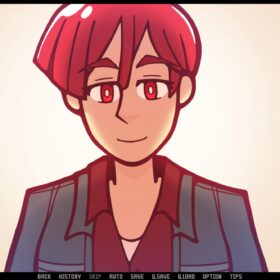

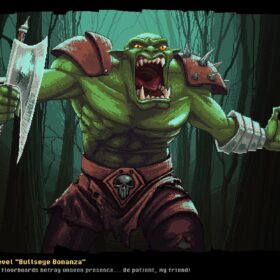
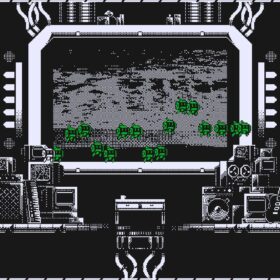
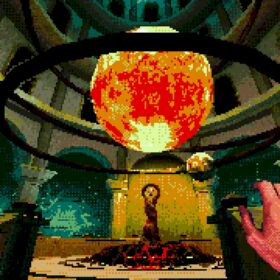

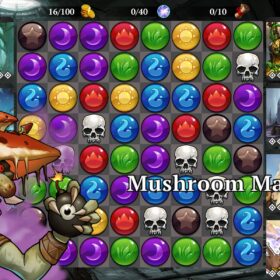
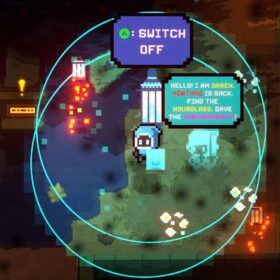

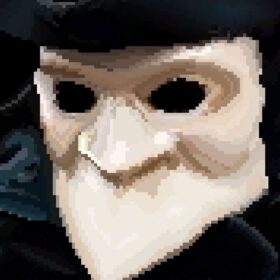
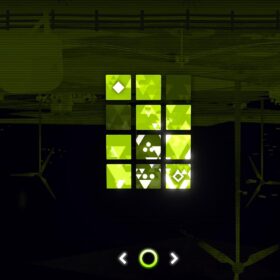
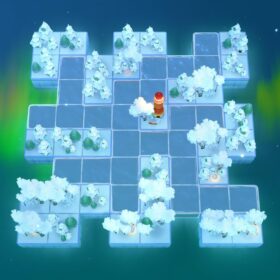
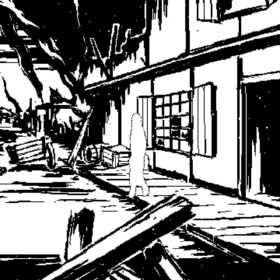

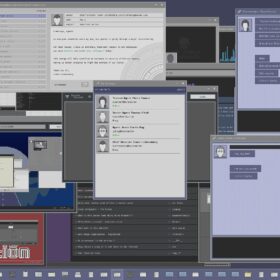
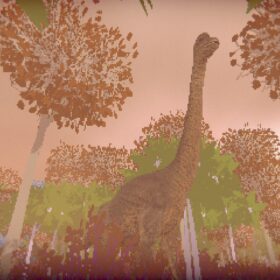
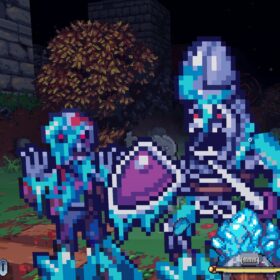
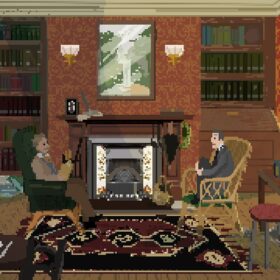
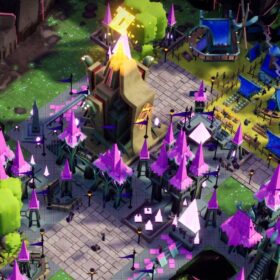
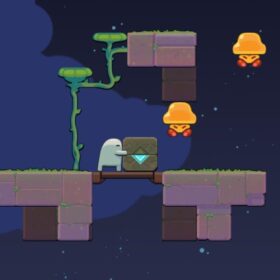
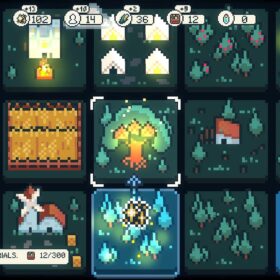

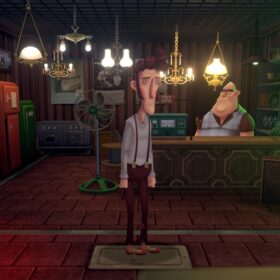
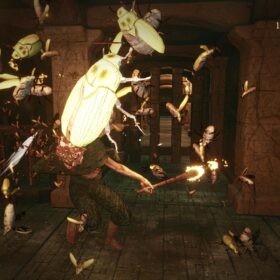

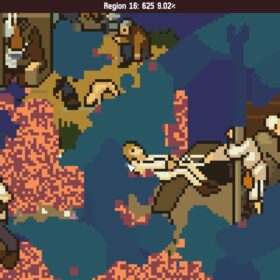
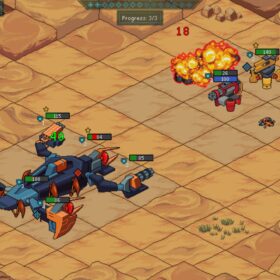

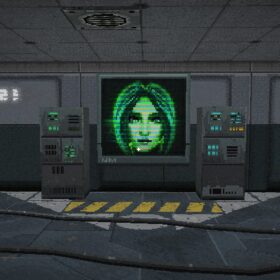
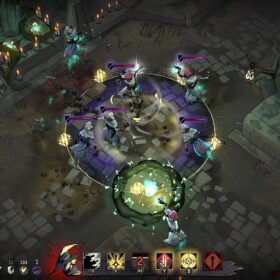
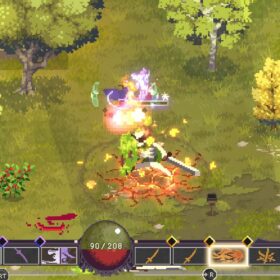
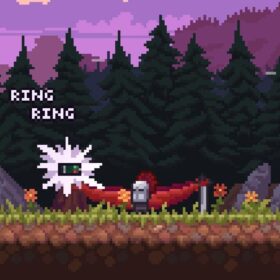
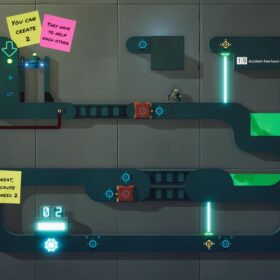
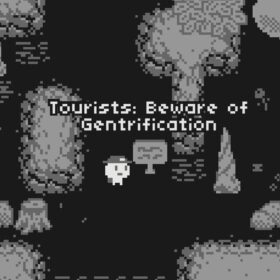

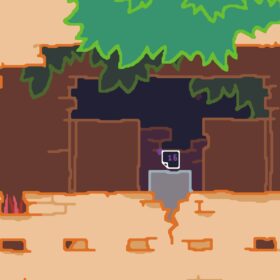
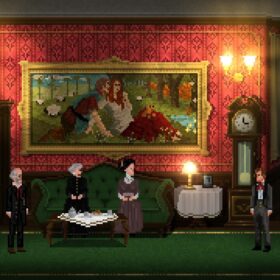

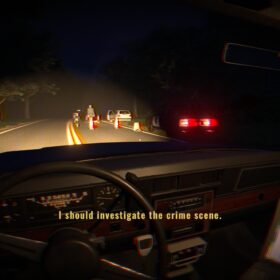
I believe it’s “a cinch,” not “a synch.” The latter is short for “synchronized.”